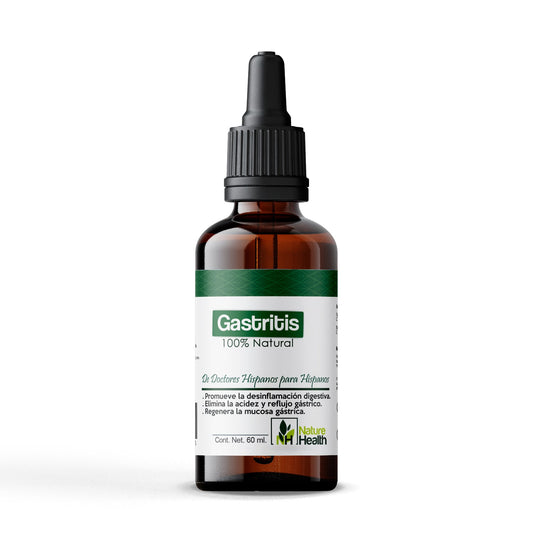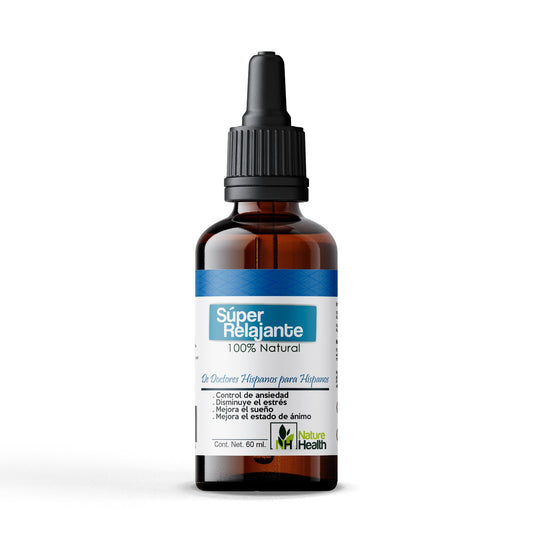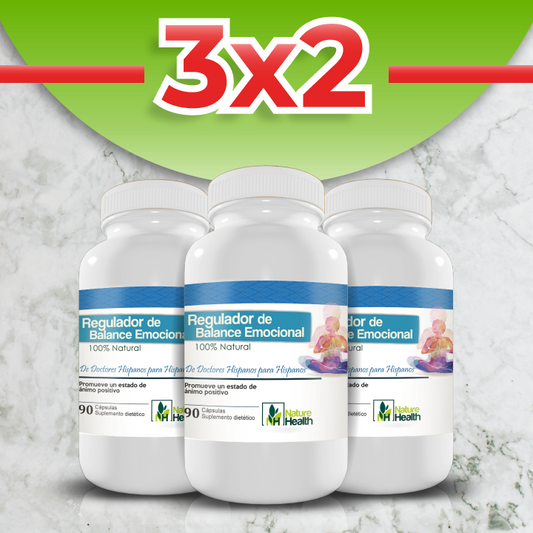Anxiety is a disorder that affects millions of people around the world. Its effects can be overwhelming, but there are a variety of treatments available ranging from conventional medical options to more natural and alternative approaches. In this article, we'll explore a range of treatments for anxiety, including options that emphasize sleep, remedies, and medicine, to help you find the right solution.
Conventional Treatments
Cognitive-Behavioral Therapy (CBT)
Cognitive behavioral therapy (CBT) is a highly effective approach in the treatment of anxiety. Through regular sessions with a specialized therapist, patients learn to identify and modify negative thought patterns and counterproductive behaviors. CBT focuses on resolving the underlying issues that cause anxiety, making it a powerful tool for addressing the root of the problem.
Medicines
In some cases, medications can be a crucial part of anxiety treatment. Antidepressants, such as selective serotonin reuptake inhibitors (SSRIs), and anti-anxiety medications, such as lorazepam, are commonly prescribed. These medications can help reduce anxiety symptoms, but it is important to use them under the supervision of a healthcare professional due to possible side effects and associated risks.
Natural Approaches
Regular Exercise
Regular physical activity is a natural remedy for anxiety that benefits both the body and the mind. Exercise releases endorphins, known as the "happy hormones", which have a positive effect on mood and help reduce stress. Consistent exercise, whether walking, running, swimming, or yoga, can significantly improve anxiety management.
Techniques of breathing and relaxation
Learning deep breathing and relaxation techniques is an effective strategy for reducing anxiety in the moment. The consistent practice of deep breathing can help calm the mind and reduce tension in the body. Meditation and mindfulness are also techniques that can teach you to control your thoughts and be present in the moment, which in turn decreases anxiety.
Alternative medicine
Alternative medicine uses the properties of medicinal plants to promote optimal health or mitigate specific symptoms. Throughout history, in various regions of the world, herbs have been used to alleviate mental health conditions, and in recent decades, they have seen increasing interest in the United States. Some natural supplements have been used as remedies for anxiety. Valerian and lavender are well-known examples. Another natural remedy, passionflower, has been shown to be effective in some studies in reducing anxiety. Passionflower is particularly helpful in promoting sleep and may help reduce mental agitation, making it a valuable option for those experiencing anxiety-related insomnia. However, it is recommended to consult a health professional before trying any supplement.
Alternative therapies
Acupuncture
Acupuncture is an ancient Chinese practice that involves inserting needles into specific points on the body to restore energy balance. Although its effectiveness in treating anxiety is a topic of debate, many people have found relief through acupuncture. It is believed that this therapy can help release energy blockages and reduce tension, leading to a feeling of calm and relaxation.
Homeopathy
Homeopathy is a system of alternative medicine that uses small doses of natural substances to stimulate the body's ability to heal itself. Some people have found benefits in treating anxiety through homeopathy. However, it is important to note that homeopathy is highly individualized and should be administered by a professional with experience in this practice.
Changes in lifestyle
Regardless of which option you choose, lifestyle changes play a key role in managing anxiety. Establishing a regular sleep routine, maintaining a balanced diet, and avoiding excess caffeine and alcohol are important steps to maintaining calm and well-being. Quality sleep is essential, as lack of sleep can increase anxiety. Establish a consistent sleep routine to ensure your body and mind are properly rested.
Conclusion
Anxiety is a complex disorder that requires an individualized approach to treatment. While conventional treatments, such as therapy and medications, can be effective, natural and alternative approaches also have their place in anxiety management. Exploring options such as exercise, relaxation techniques, and natural supplements can help you find an approach that works for you. Don't underestimate the power of lifestyle changes, such as a regular sleep routine and healthy eating, in managing anxiety. Remember that it is essential to consult a health professional before starting any treatment, as they can provide personalized guidance and recommendations. Anxiety is a challenge, but with the right approach, it is possible to find the balance and peace of mind you seek.







